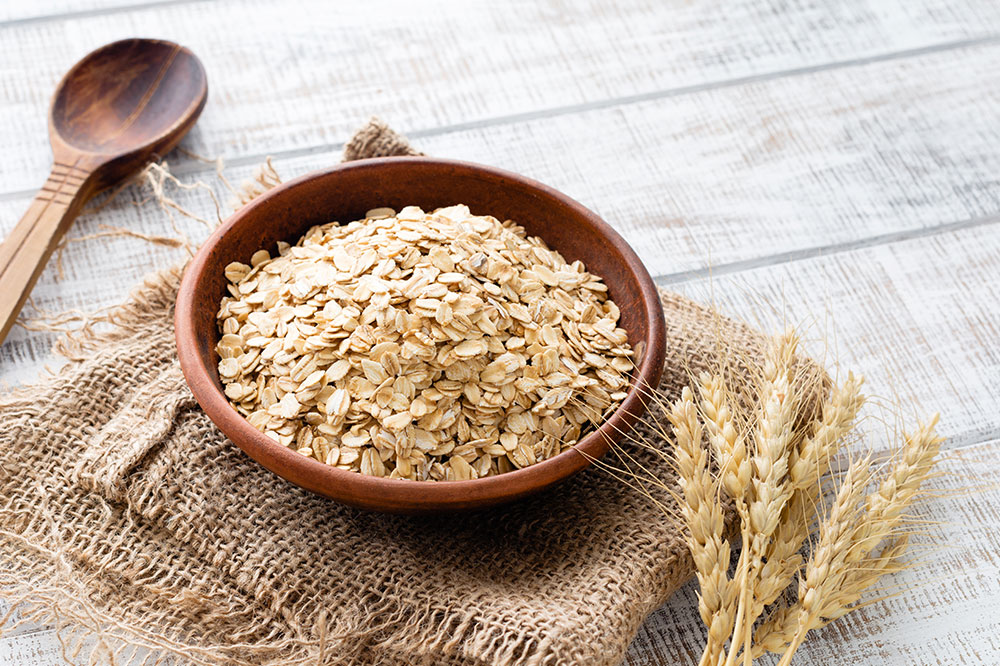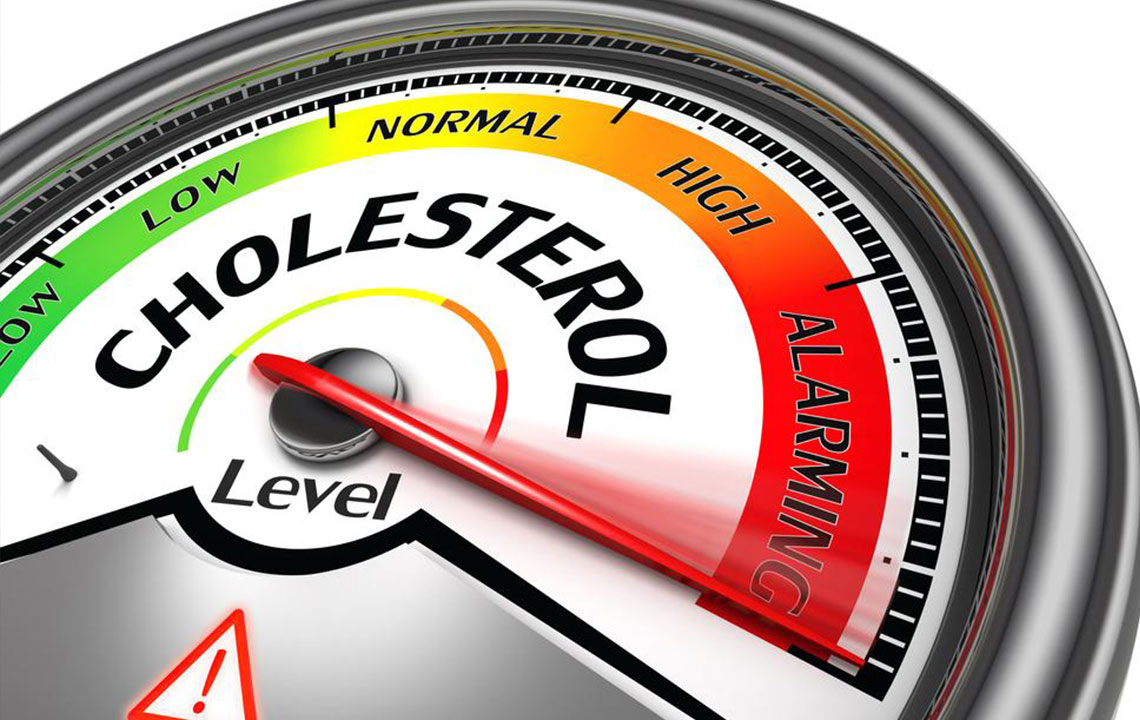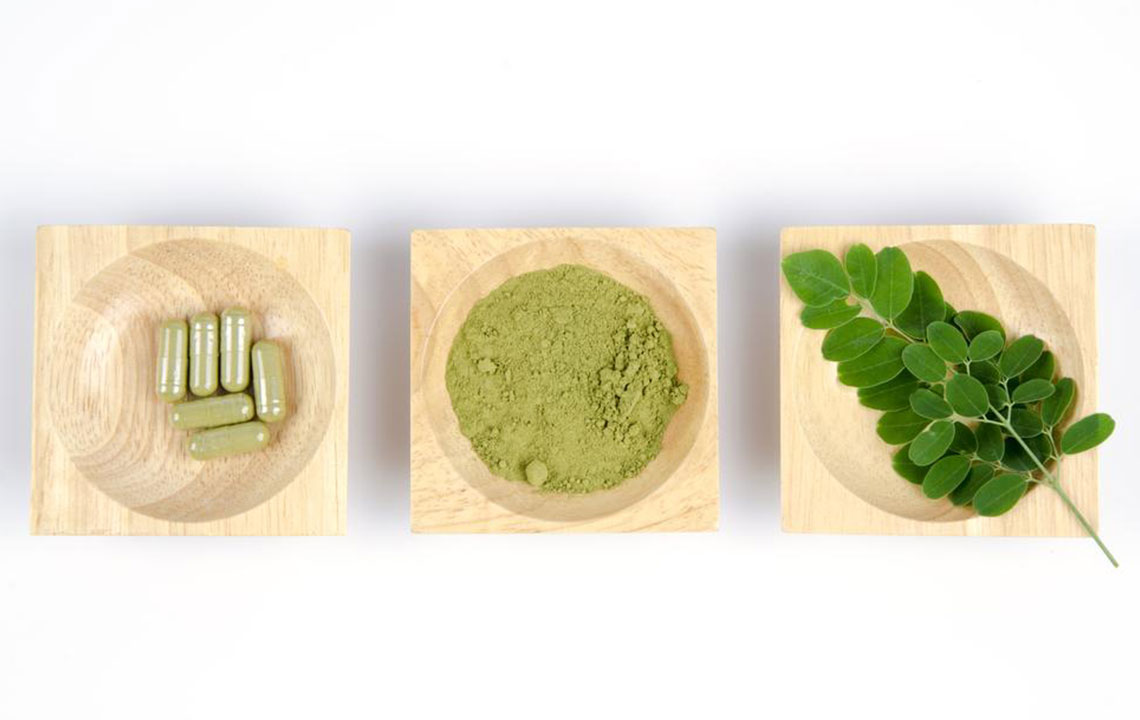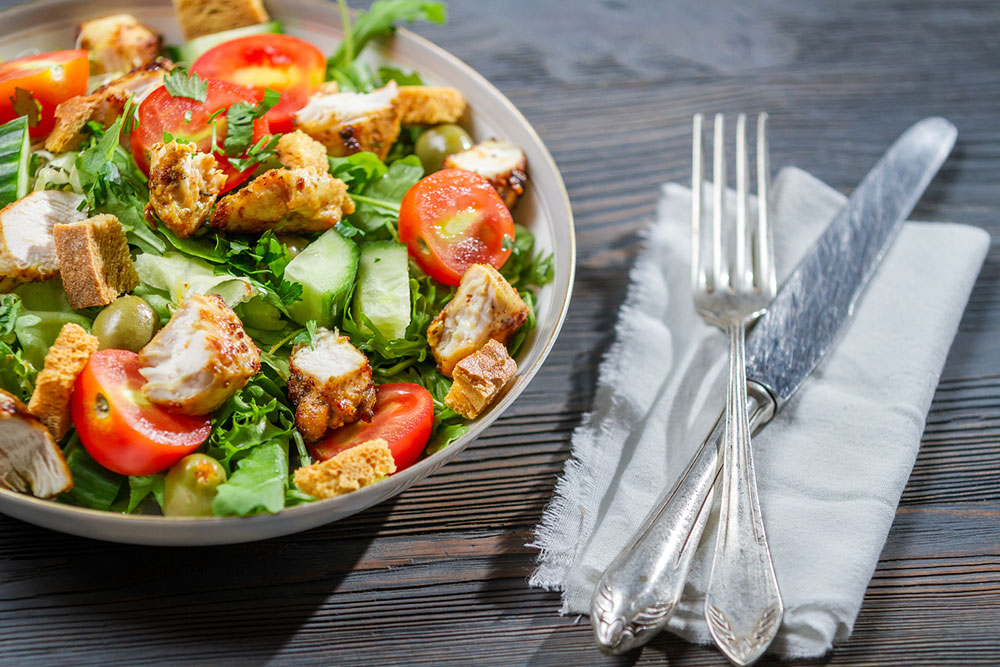Effective Strategies to Lower Your Cholesterol Levels Naturally
Discover various natural and medical strategies to lower high cholesterol. This guide covers medications like bile acid resins and ezetimibe, dietary tips including avocados, oats, and dark chocolate, and the importance of regular exercise. Making informed lifestyle choices can significantly improve heart health and reduce cardiovascular risks. Always consult your doctor before adopting new treatments or major dietary changes to ensure safety and effectiveness.
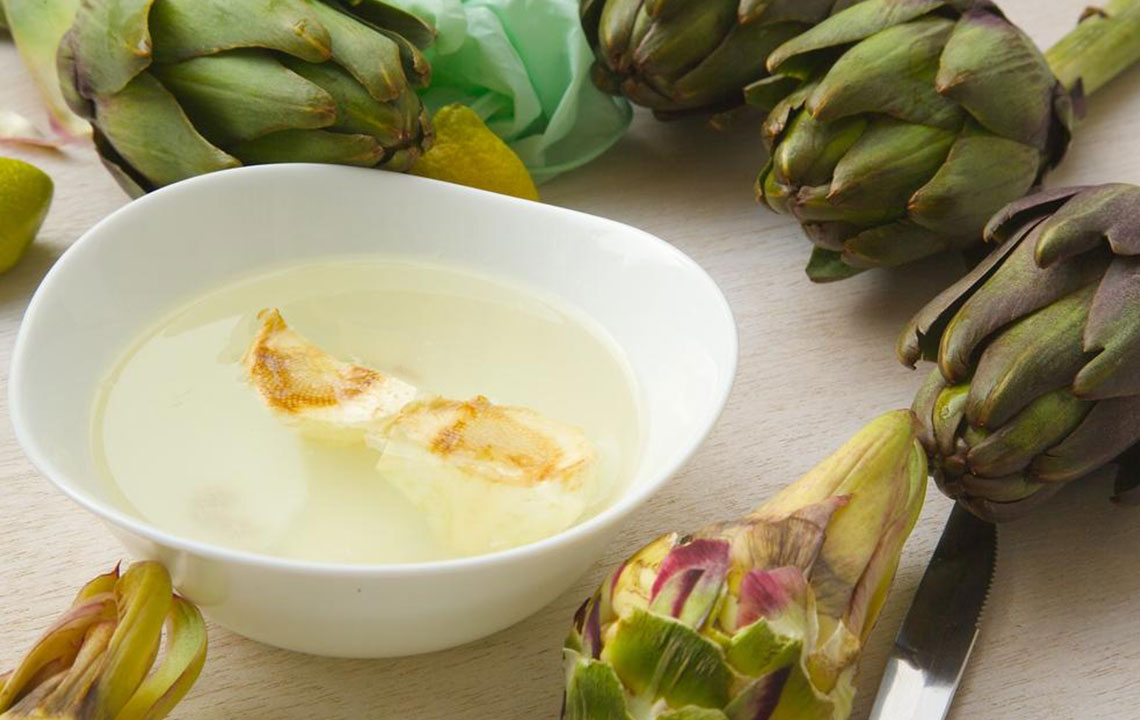
Alternative Approaches to Managing High Cholesterol
While statins are commonly prescribed to reduce elevated LDL cholesterol, they may cause side effects or prove ineffective in cases of genetic predispositions. Fortunately, there are various other options to consider for lowering cholesterol levels.
Explore these alternative treatments and lifestyle changes that can help improve your heart health.
Medications
Several medicines serve as alternatives to statins.
Bile Acid Resins
These drugs bind to bile acids in the intestines, prompting their elimination through waste. When bile acid levels decrease, the liver compensates by absorbing more cholesterol, which helps lower LDL levels. Examples include colestipol, cholestyramine, and colesevelam.
Ezetimibe
This medication inhibits proteins responsible for cholesterol absorption in the small intestine, reducing the amount entering the bloodstream. It also limits cholesterol available to the liver, encouraging increased uptake from circulation, effectively lowering overall cholesterol levels.
Vitamin B3 (Niacin)
Known for boosting HDL (good cholesterol), niacin also reduces triglycerides and decreases LDL synthesis. Although less potent than other options, doctors often recommend vitamin B3 to help regulate cholesterol while minimizing statin side effects.
Fibrates
These drugs target VLDL particles, which carry triglycerides and cholesterol. Fibrates, like gemfibrozil and fenofibrate, decrease VLDL production and accelerate triglyceride breakdown, improving lipid profiles.
Omega-3 Fatty Acids
Found in fish and flaxseed, omega-3s increase HDL and reduce triglycerides and LDL levels. Supplements can be beneficial when dietary intake isn't sufficient.
Consult a healthcare professional before starting any medication, as these can interact with other drugs or cause side effects.
Dietary Modifications
Food choices significantly impact cholesterol levels. Emphasize consuming natural, healthy fats and avoid processed oils and excessive sugar. Incorporate these foods into your diet:
Spinach
Rich in lutein, spinach helps prevent cholesterol buildup in arteries, reducing the risk of heart disease.
Avocado
Contains beta-sitosterol, a plant sterol that lowers cholesterol absorption from food.
Dark Chocolate
High in antioxidants, it helps prevent artery clogging, especially dark varieties (>70%).
Olive Oil
Replacing traditional cooking oils with olive oil can reduce cholesterol absorption due to its healthy fats.
Beans
Loaded with fiber and monounsaturated fats, beans help lower LDL cholesterol.
Tea
Antioxidant-rich tea can reduce lipid levels and improve overall heart health.
Garlic
Contains compounds that inhibit plaque formation in arteries.
Red Wine
Contains antioxidants like resveratrol that offer cardiovascular benefits, consumed in moderation.
Oats
Beta-glucan in oats helps absorb LDL cholesterol, promoting lower blood levels.
Physical Activity
Regular exercise is vital in managing cholesterol. Begin with moderate activities such as brisk walking or gardening, then gradually include:
Running or jogging
Hiking
Swimming
Cycling
Sports like tennis or soccer
Strength training can enhance metabolism and aid in burning calories, providing an effective alternative to medication.
Adopting these lifestyle adjustments can naturally support healthy cholesterol levels and improve your cardiovascular health. Consult your healthcare provider before making major changes.
Note:
The content is intended for informational purposes and should not replace professional medical advice. Always consult a healthcare professional for personalized recommendations and before starting new treatments. The site does not guarantee accuracy or comprehensiveness and is not responsible for external information or offers.


